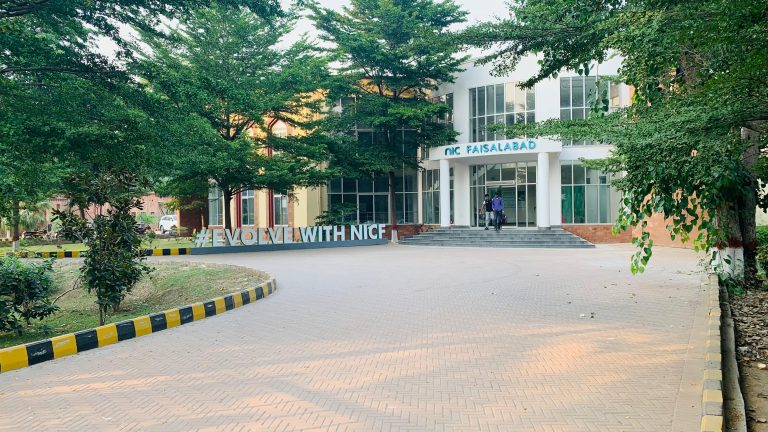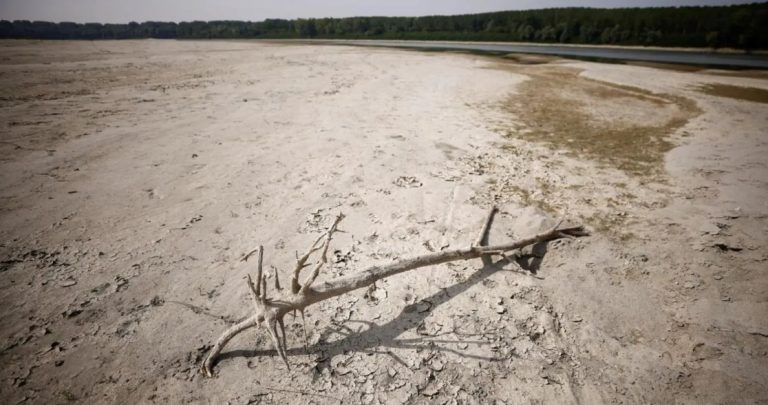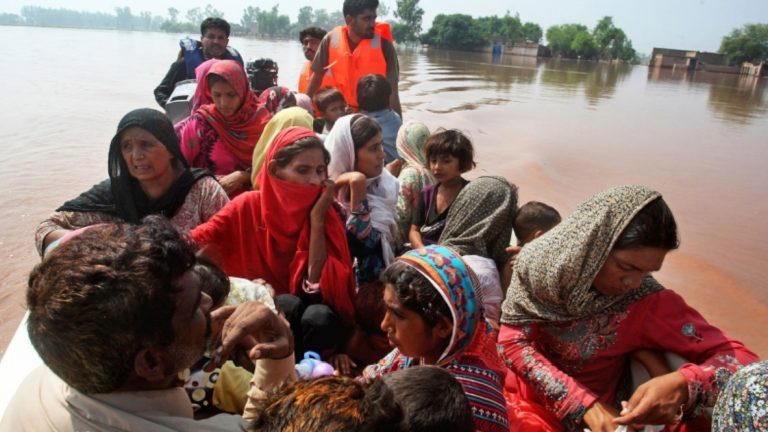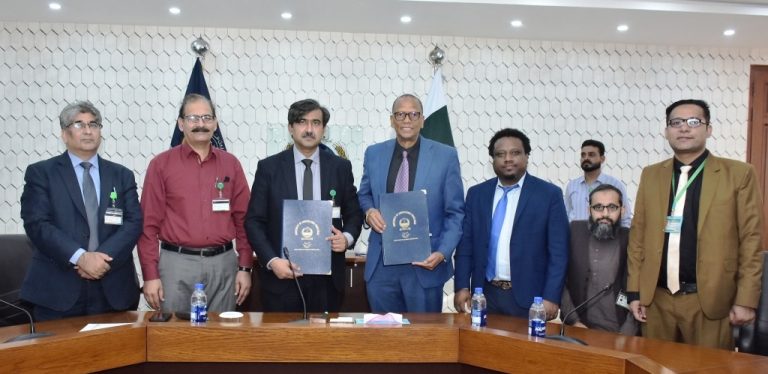Water Management and Food Security: A Call for Action in Pakistan
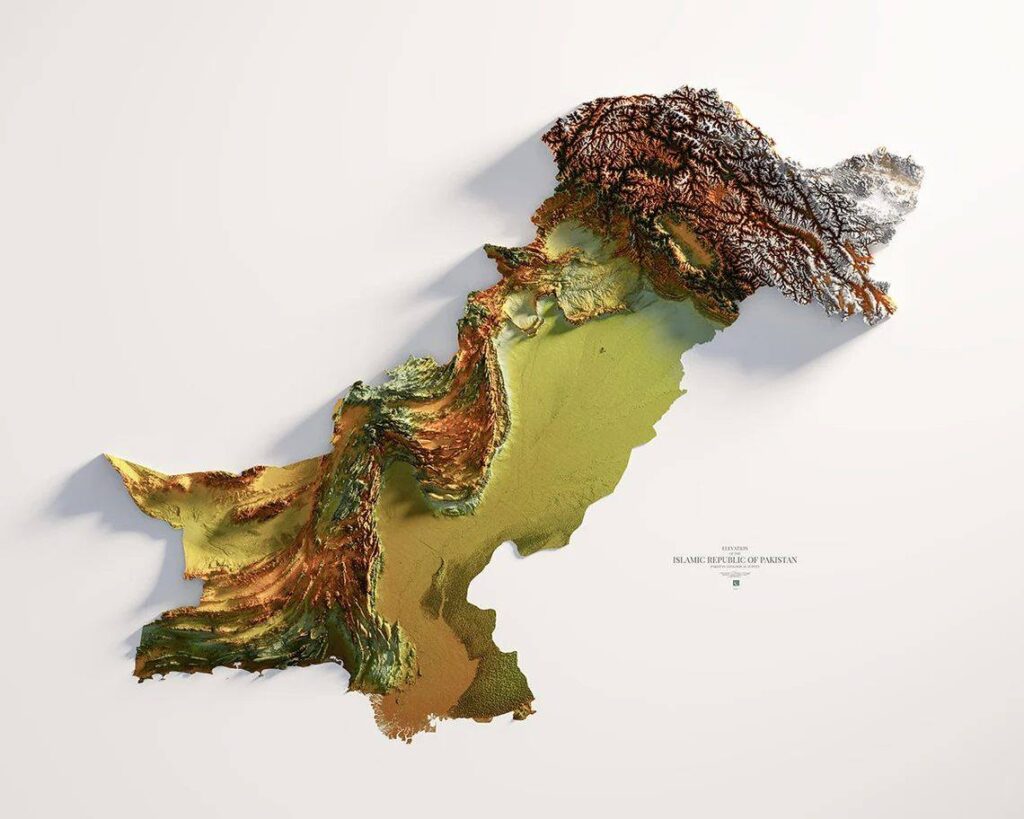
Pakistan’s recurring floods are a wake-up call to rethink our water management strategies. The country’s dependence on groundwater has already reached unsustainable levels, with agriculture alone consuming nearly 50 million acre-feet annually. In Punjab, and more severely across most of Sindh, groundwater is saline. This makes it clear that relying solely on underground water is not a viable strategy. We must urgently invest in dams and surface water reservoirs to secure our agricultural future.
It is important to understand that aquifers—the underground water reserves—took centuries to form, and the presence of salts in them is a natural phenomenon. Even in regions once traversed by rivers, salinity remains a permanent feature of the aquifer. Hence, advocating for the complete abandonment of dam construction in favour of groundwater use is neither practical nor sustainable.
History shows that the construction of dams has, in fact, increased Sindh’s share of water. With improved water management and enhanced storage, all provinces can benefit from a greater share of available resources. This requires not only developing reservoirs but also introducing measures to recharge groundwater through rainwater harvesting and recharge wells.
The government must share updated flood data with water experts to analyze where floodwaters spread and how they can be managed more effectively, especially in low-lying regions. While dams are not the only solution, wetlands and small-scale water storage structures at breach sites can also play a vital role in controlling floods. If timely interventions are not made, Pakistan’s agriculture sector—which cannot afford to bear devastating floods year after year—will continue to suffer. Already, small farmers with just two acres of fodder or rice have lost their livelihoods to the latest floods.
As our population grows rapidly, the pressure on food and water security will only intensify. We must act now to conserve water, modernize agriculture, and embrace new technologies. Investment in hydroponics and kitchen gardening is essential, especially as landholdings continue to shrink from acres to kanals. The world is already reaping record harvests through hydroponic agriculture, while we still struggle with low-quality seeds and fertilizer shortages.
If any province opposes the construction of dams or canals, it should lead by example in demonstrating effective groundwater management for the rest of the country. Pakistan’s greatest challenge lies in securing food and water for its people. This is not an issue for political exploitation but a matter of national survival. Only by prioritizing water management and investing in agricultural innovation can we safeguard our farmers, strengthen food security, and build resilience against climate change.
Climate change is intensifying Pakistan’s water and food security crisis. Rising temperatures, unpredictable rainfall, and glacial melt are disrupting traditional irrigation cycles and increasing the frequency of devastating floods and droughts. Agriculture, which forms the backbone of Pakistan’s economy, is particularly vulnerable to these climate shocks. Without proactive water management, the impacts of climate change will worsen soil degradation, reduce crop yields, and threaten rural livelihoods. Therefore, developing surface reservoirs, promoting rainwater harvesting, and adopting climate-smart technologies like hydroponics are not just policy choices—they are survival strategies for a climate-vulnerable nation like Pakistan.
(Dr. Rai Niaz is an internationally recognized water management expert and the former Vice Chancellor of PMAS Arid Agriculture University, Rawalpindi. With decades of research and policy experience, he has contributed extensively to water conservation, irrigation systems, and sustainable agriculture. His expertise is widely acknowledged both in Pakistan and abroad, where he has advised on modern strategies for food and water security in the face of climate change.)


